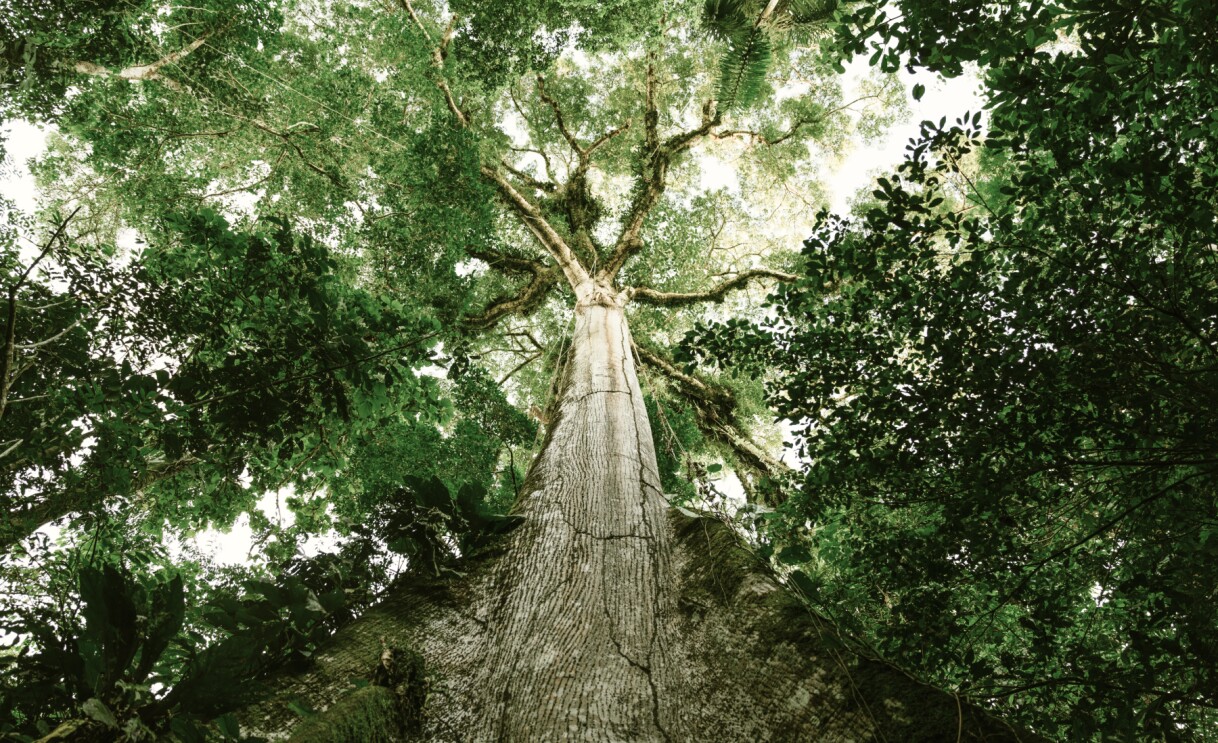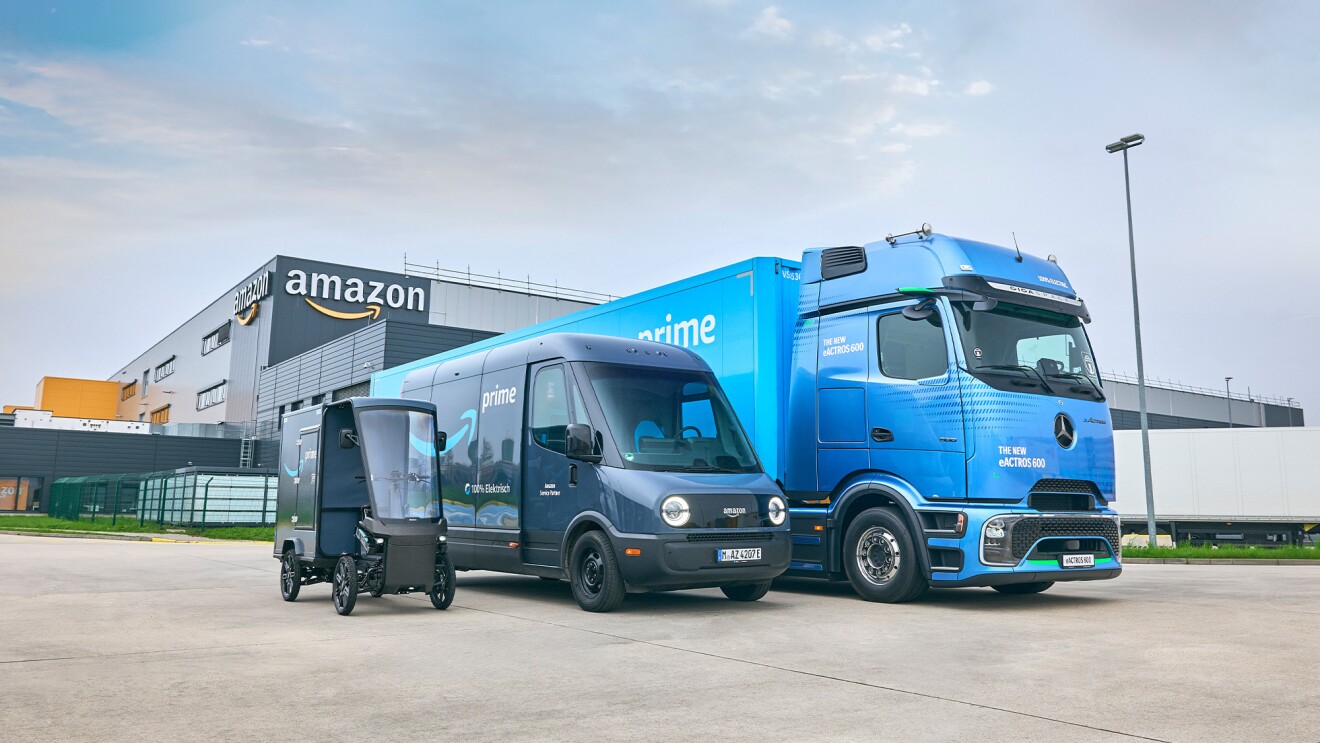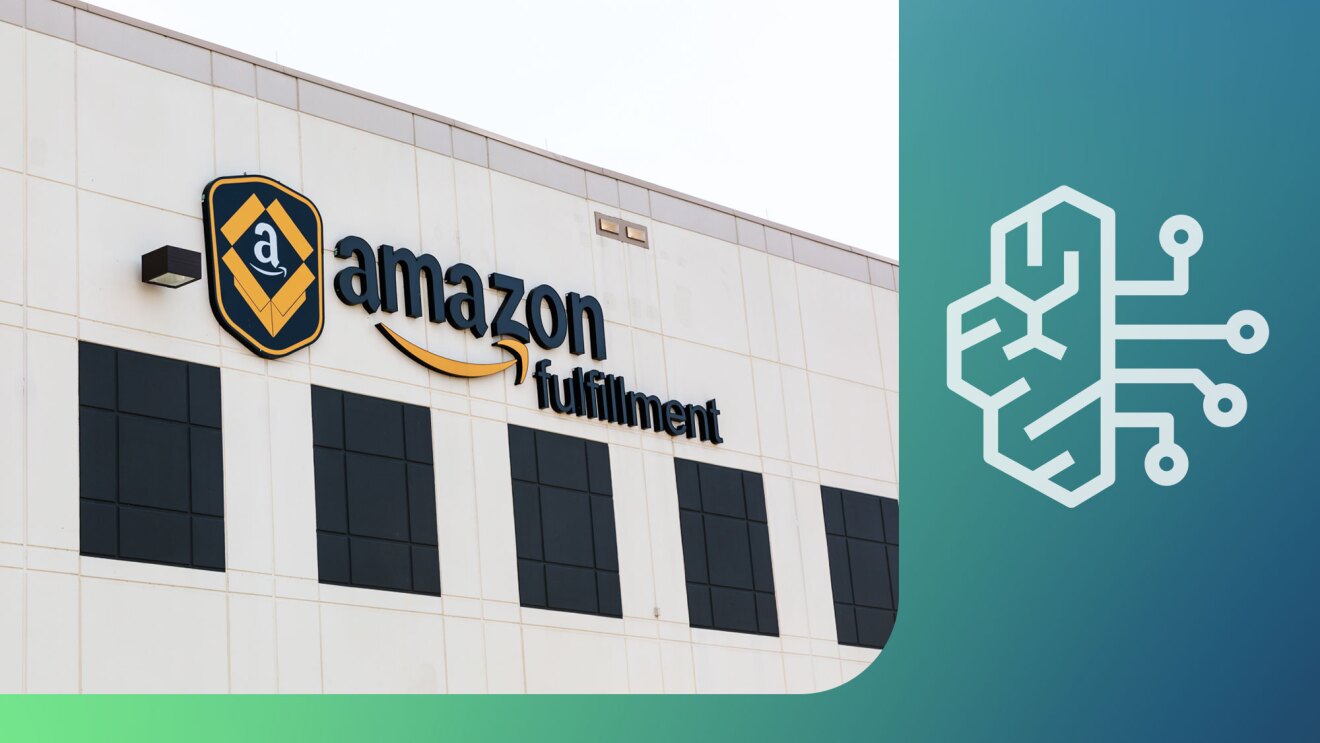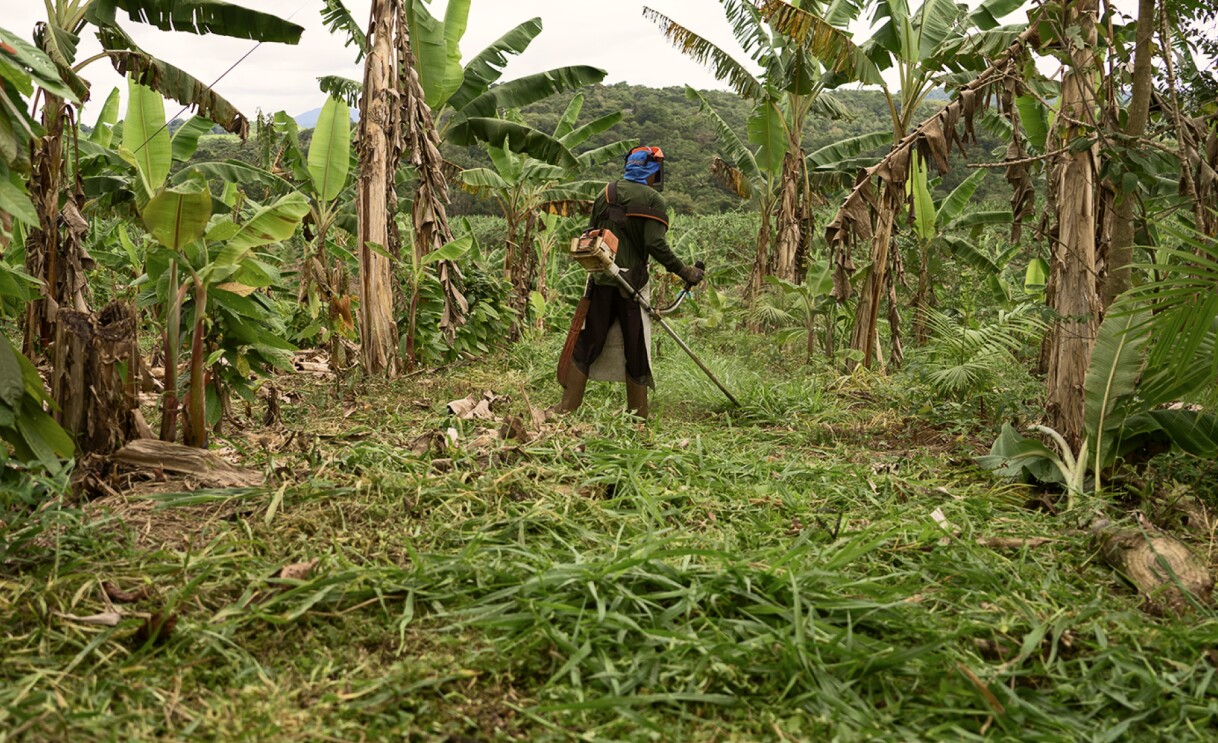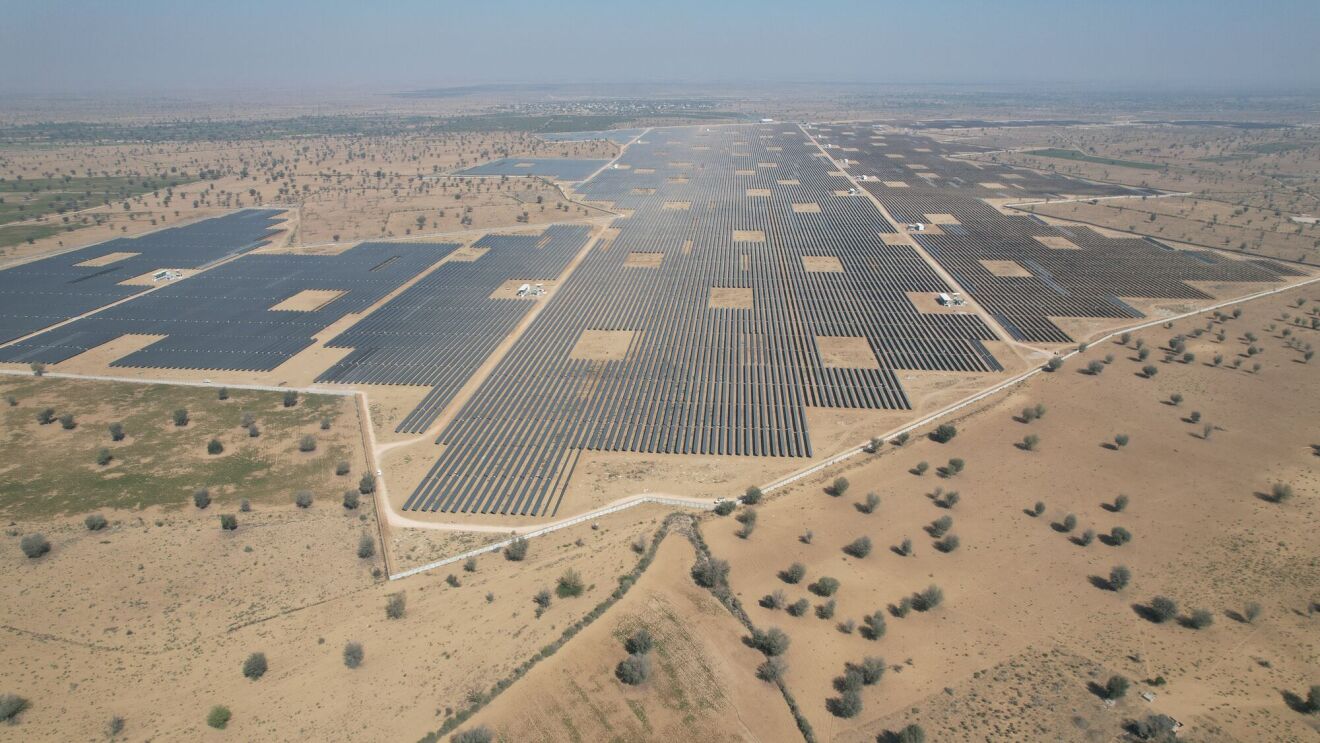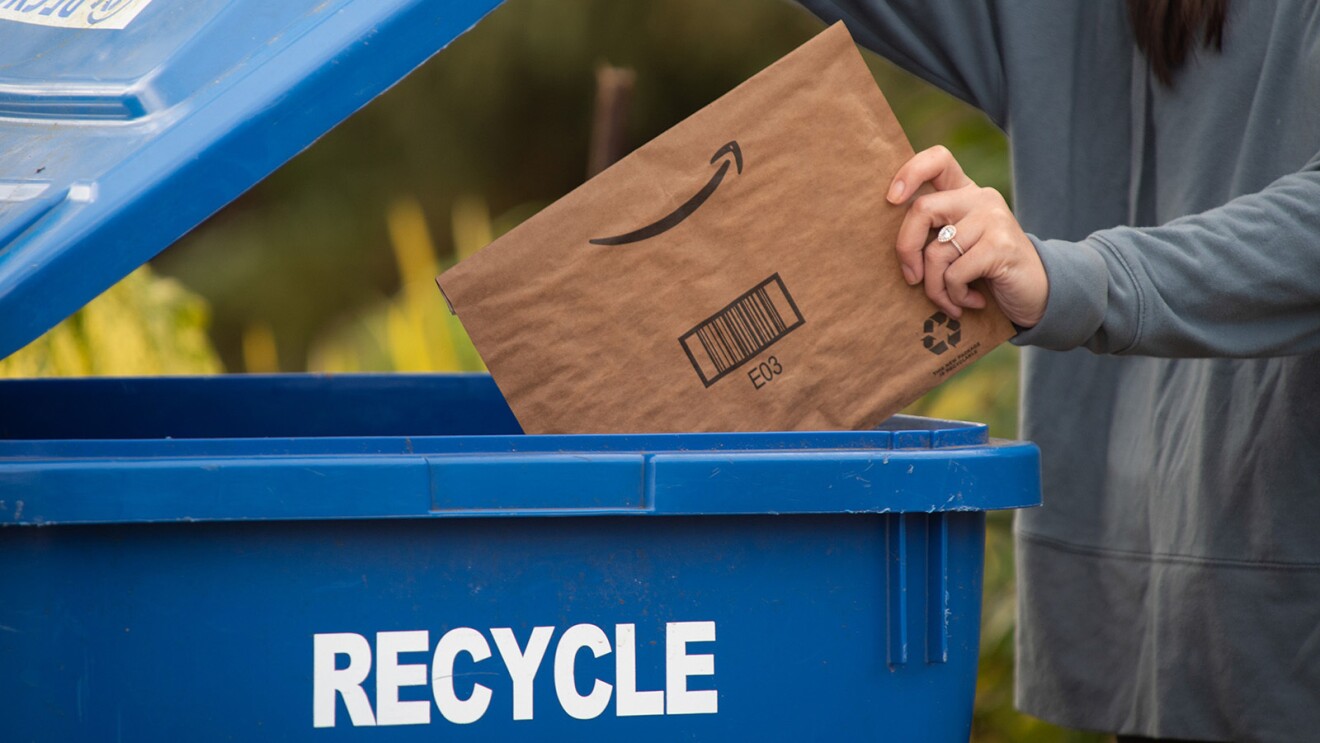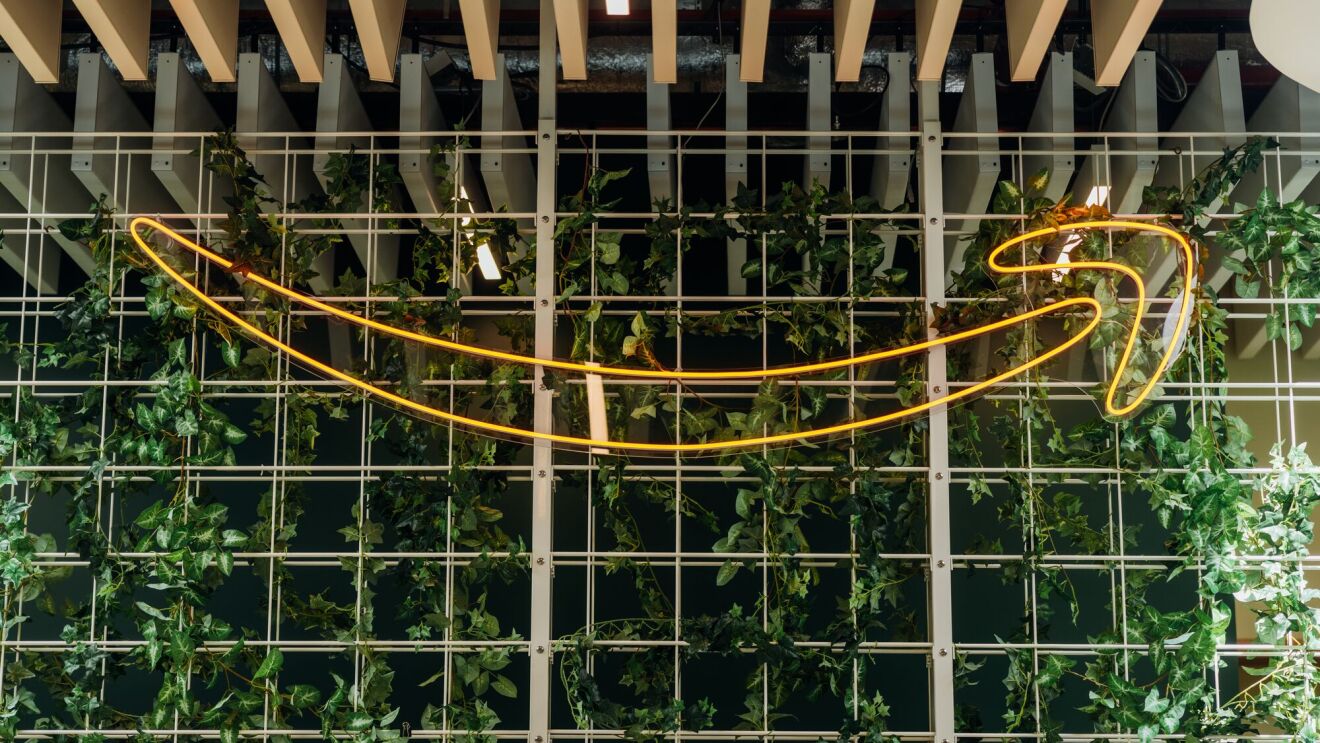Not everyone figures out what they want to be when they grow up at the age of 14, but as a freshman in high school, Maeghan Colby-Correa had a light bulb moment that lit a clear path for her future.
“I genuinely enjoy seeing the preservation of Earth,” she said. “It's the only thing we have, so we need to keep it.”
Now a senior at Virginia’s Freedom High School, Colby-Correa recently visited one of Amazon’s solar farms with fellow students enrolled in the school’s Center for Environmental and Natural Sciences (CENS) program. The CENS program exposes students to different environmental and climate sciences, as well as possible career options.
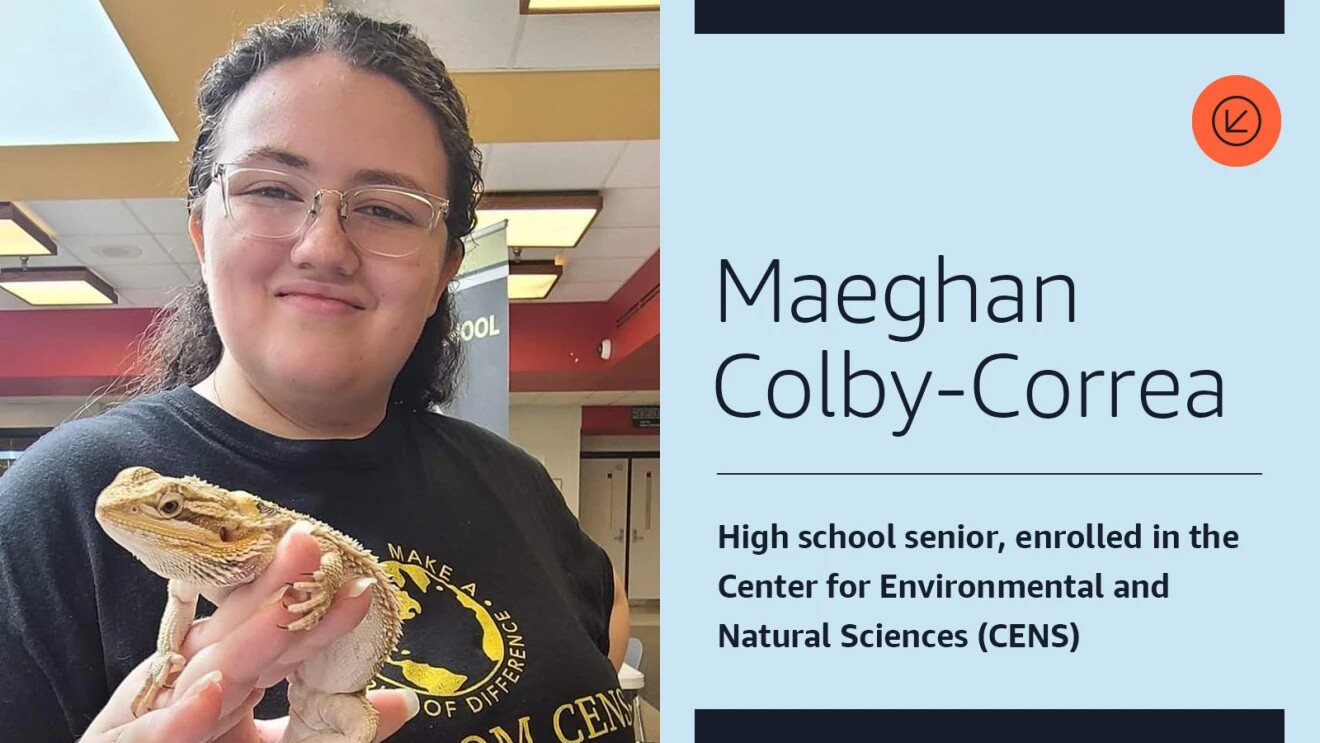
During the trip, Colby-Correa and her classmates learned about the science of solar energy up close. With over half a million photovoltaic panels, Amazon’s solar farm in Fort Powhatan, Virginia, produces power for Amazon and Amazon Web Services (AWS) operations in Virginia and nearby states. As the group walked through the seemingly endless rows of panels, AWS Director of Energy and Water Charley Daitch talked about the various jobs that make renewable energy possible. Daitch made a point to highlight roles that were lesser-known to the students, like cyber security experts, software developers, and meteorologists.
“Not every student knows exactly what a career in wind or solar looks like,” said Daitch. “To work in power, a lot of students think that you have to be an engineer or a scientist, and there are really lots of different ways to get involved.”
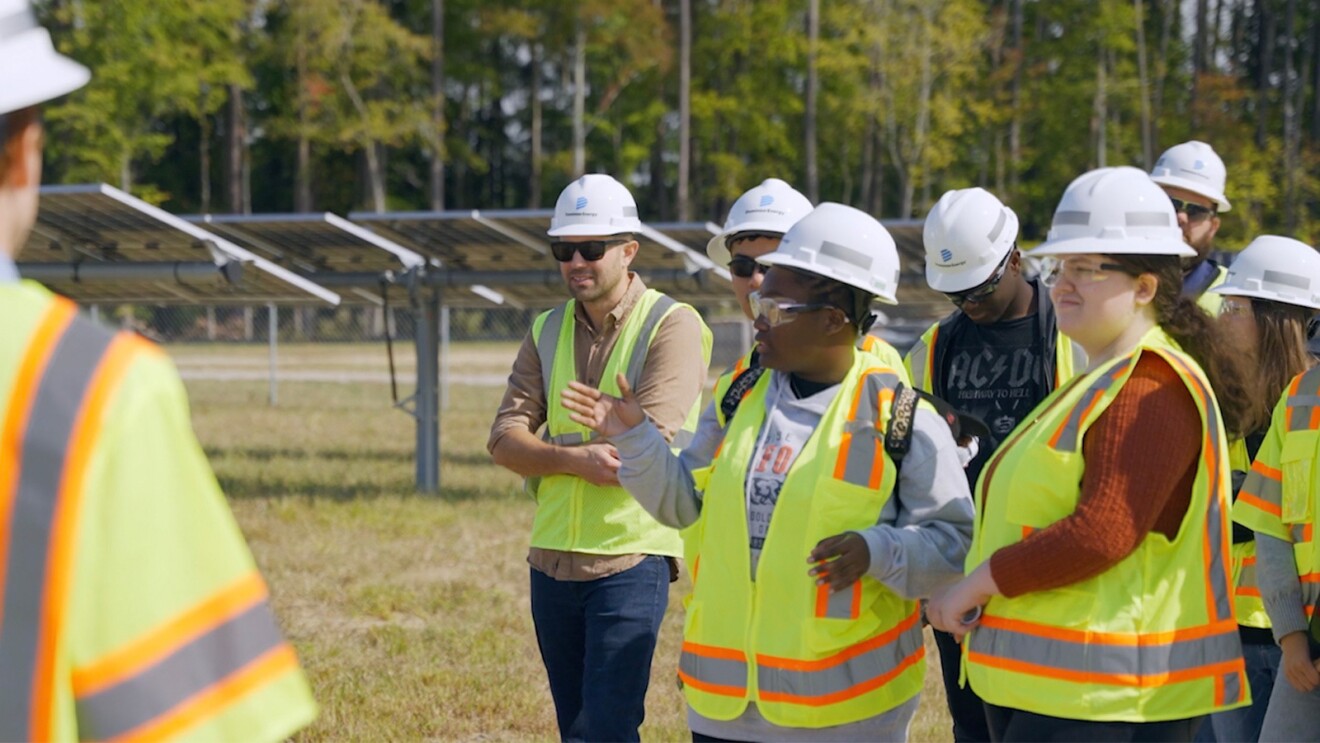 Freedom High School student Kendal Dixon asks a question about career opportunities in renewable energy.
Freedom High School student Kendal Dixon asks a question about career opportunities in renewable energy.The U.S. Bureau of Labor Statistics projects that employment opportunities for environmental scientists and “related specialists” will continue to grow over the next decade alongside heightened climate change concerns. And as more corporations like Amazon invest in renewable energy and work toward decarbonization, new types of climate career will emerge in areas like Virginia. For Freedom High School CENS instructor Jessica Doiron, Ph.D., learning about the diverse array of sustainable jobs was the most valuable takeaway from the solar farm experience.
“What totally amazed me was watching the students engage beyond what I ever expected. They were asking questions about how the solar panels work, and they were asking about the career opportunities,” she said. “I now have a binder full of different types of jobs that students in environmental and natural sciences can aim for.”
Doiron’s students are among the fleet of Gen Zers—people born after 1996—focusing their studies and careers on environmental sciences in hopes to build a better future for the planet. A Pew Research Center report found that 67% of Gen Z respondents said addressing the climate crisis is one of their biggest social concerns, while 37% said it is a top personal concern. As a result, universities across the U.S., such as University of Southern California, are expanding their sustainability curriculum to attract students like Colby-Correa.
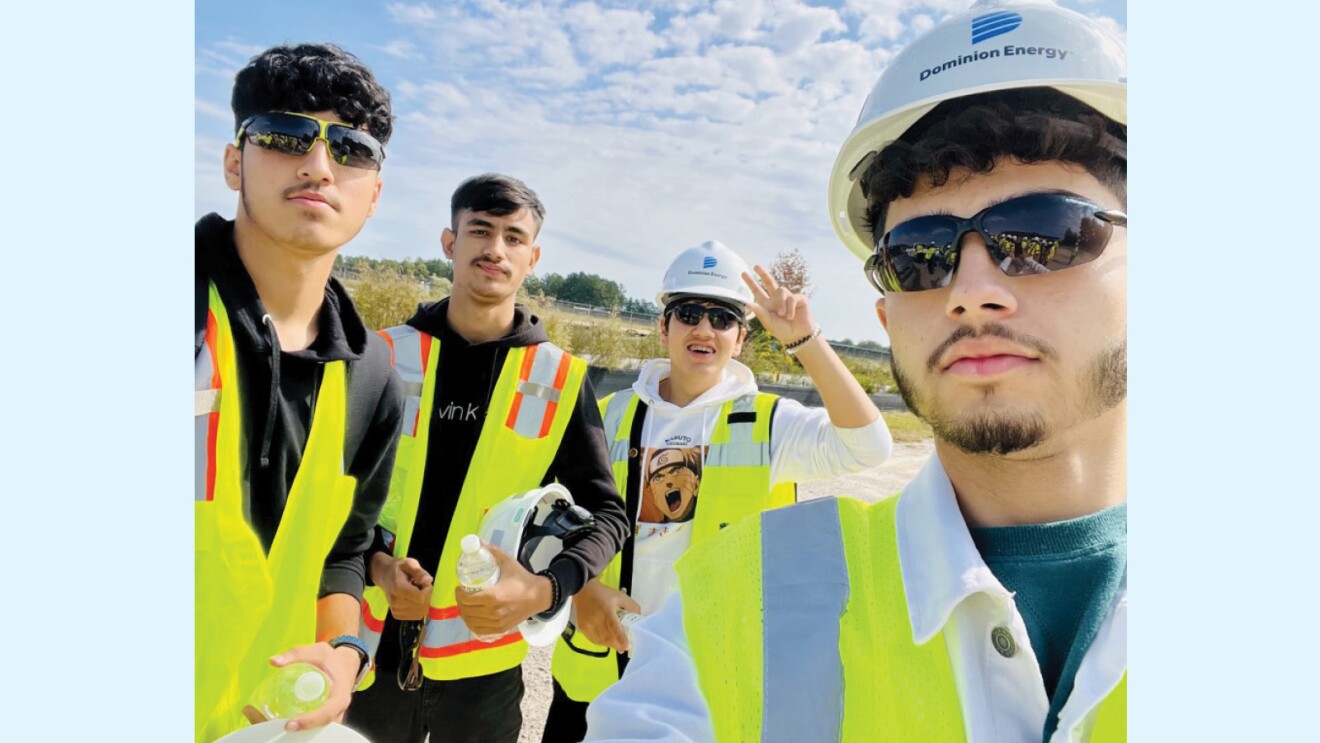 Freedom High School students Shafi Yaftali, Iqbal Noor Daudzai, Omar Noor Duadzai, and Ahmad Alizada snap a selfie at Amazon's solar farm.
Freedom High School students Shafi Yaftali, Iqbal Noor Daudzai, Omar Noor Duadzai, and Ahmad Alizada snap a selfie at Amazon's solar farm.“I'm interested in both land and species conservation, so I'm planning on going into either environmental sciences or conservation biology,” said Colby-Correa, who is now going for the CENS medal, the highest academic achievement for the program, which involves six advanced environmental and natural science courses prior to graduating.
While at the solar farm, Colby-Correa learned about the role of conservationists in protecting animals from disruption during solar farm construction. She said she could see herself working with Amazon and partnering companies as a conservationist in the future. Amazon, as the largest corporate buyer of renewable energy in the world, is looking to the next generation of climate scientists, engineers, and technicians to help ensure a more sustainable future for the company and the planet.
The solar farm visit was made possible through an existing partnership between Virginia’s Prince William County Public Schools and AWS InCommunities. AWS InCommunities launches long-term, innovative programs that will have a lasting impact in our regions around the world where we work, live, and raise our families. AWS InCommunities is obsessed with being good neighbors, and we start with the community and work backwards to represent infrastructure communities inside AWS.
Trending news and stories



